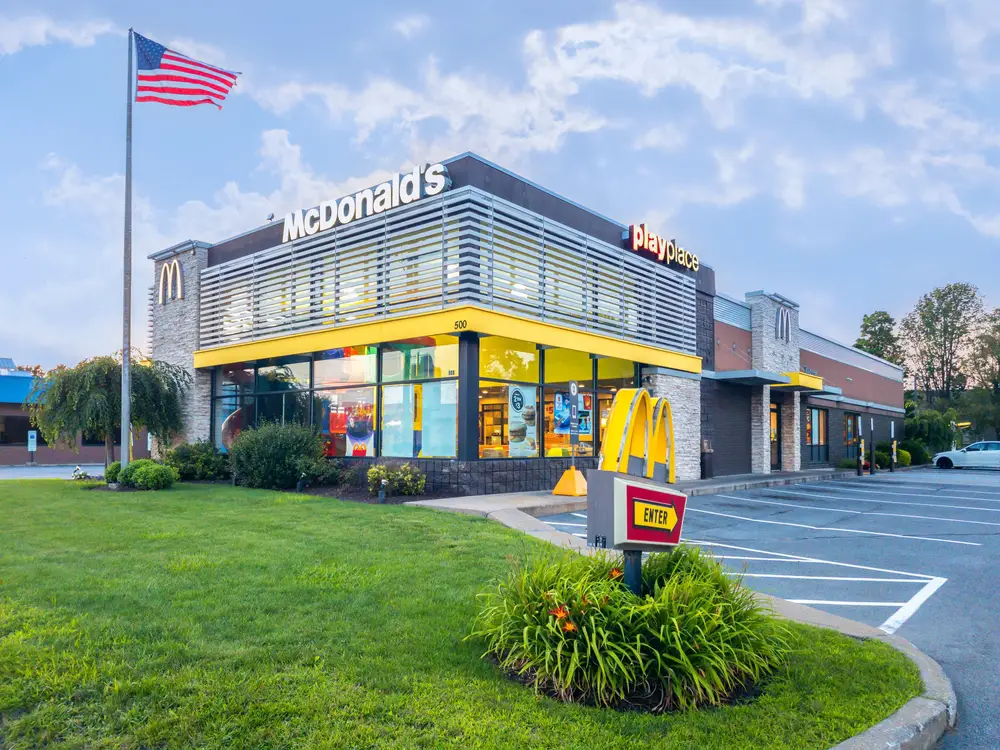The Regent International apartment complex in Hangzhou’s Qianjiang Century City, China, is a marvel of modern urban living that offers a unique and self-sufficient lifestyle for its approximately 20,000 residents. Towering at 675 feet and spanning 260,000 square meters, it stands as one of the largest buildings in China. This colossal structure was designed by Alicia Loo, known for her work on the Singapore Sands Hotel, and opened in 2013 primarily targeting young professionals.
The building’s allure lies in its comprehensive amenities, mimicking a self-contained urban town. It features an array of facilities including a food court, barber shops, nail salons, supermarkets, swimming pools, and internet cafes. These conveniences offer residents the ability to meet all their needs without ever leaving the building, fostering a lifestyle of ultimate convenience.
However, the architectural and social structure of Regent International has sparked mixed reactions. While some residents and observers see the convenience as a boon, others view it as a “dystopian” scenario. Critics argue that such living conditions reduce human interaction and increase dependence on technology, potentially leading to a socially isolated community. This sentiment is reflected in various social media comments where individuals express concerns about the impact of such living arrangements on social behaviors and freedom.

This type of residential complex isn’t unique to Hangzhou; similar mega-apartment blocks exist in places like Hong Kong, where they accommodate between 15,000 and 50,000 people and include extensive communal facilities. These buildings often resemble small towns or cruise ships in their capacity to provide a comprehensive set of amenities to a large number of people.
The debate around such developments raises questions about the future of urban living. Is the convenience of having everything at one’s doorstep worth the potential social trade-offs? Can these massive complexes truly replace the vibrant life of traditional cities and towns? Regent International serves as a case study in the balance between utility and community in the evolution of urban housing.




